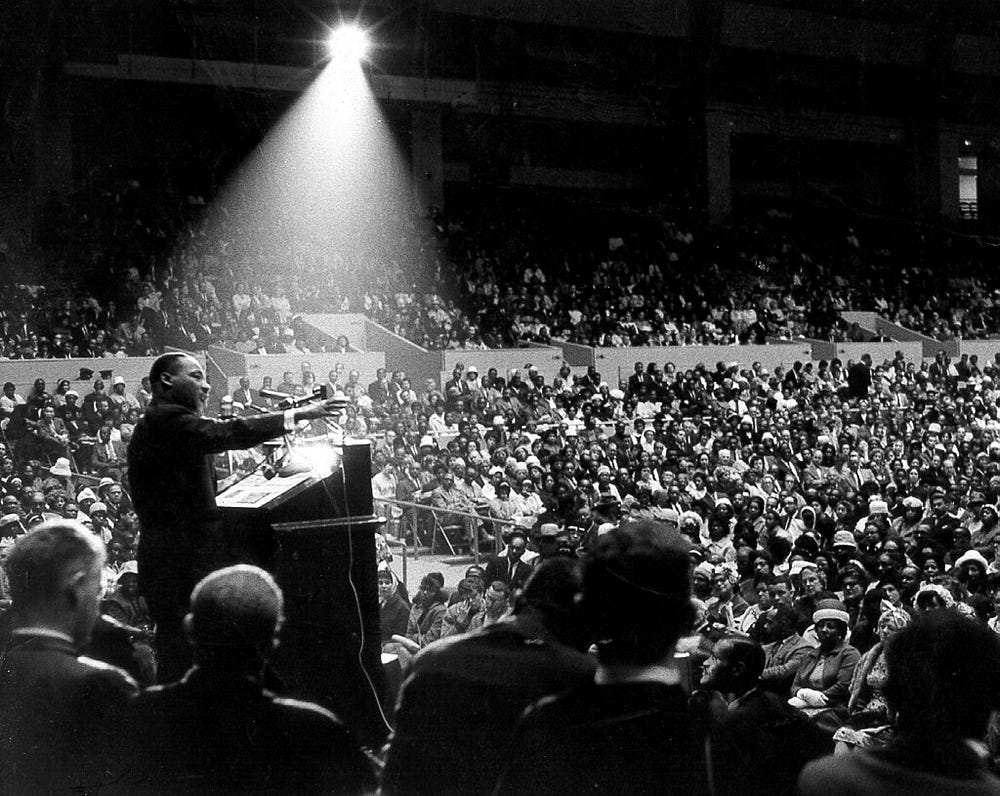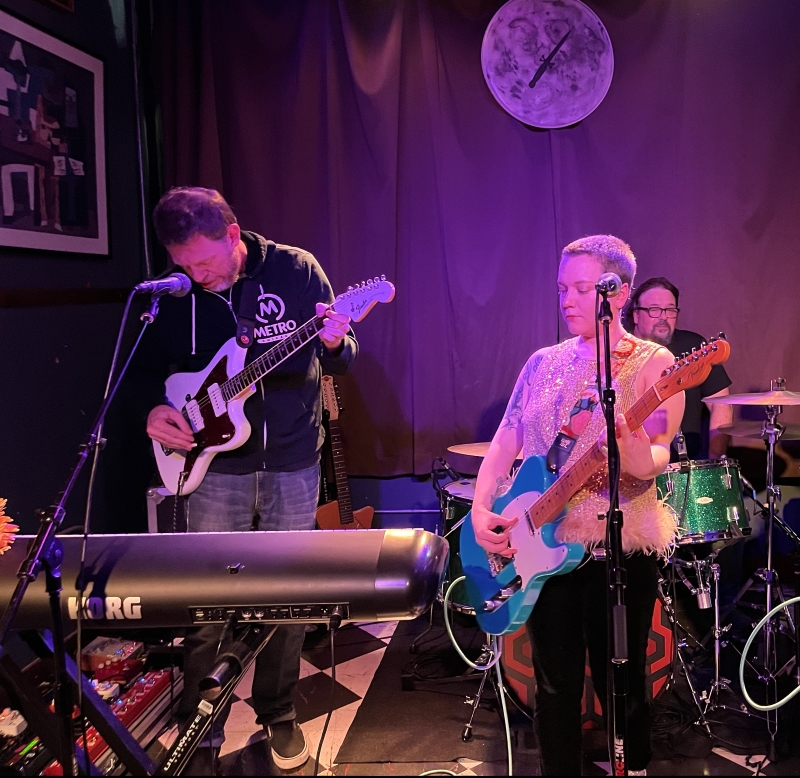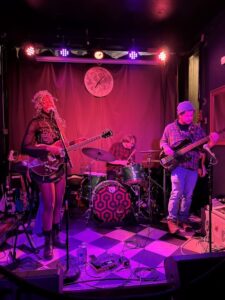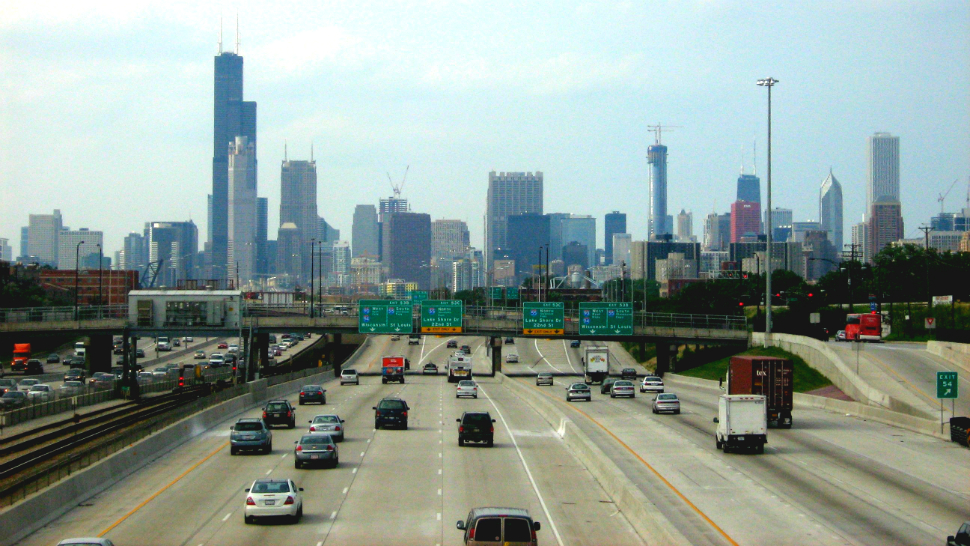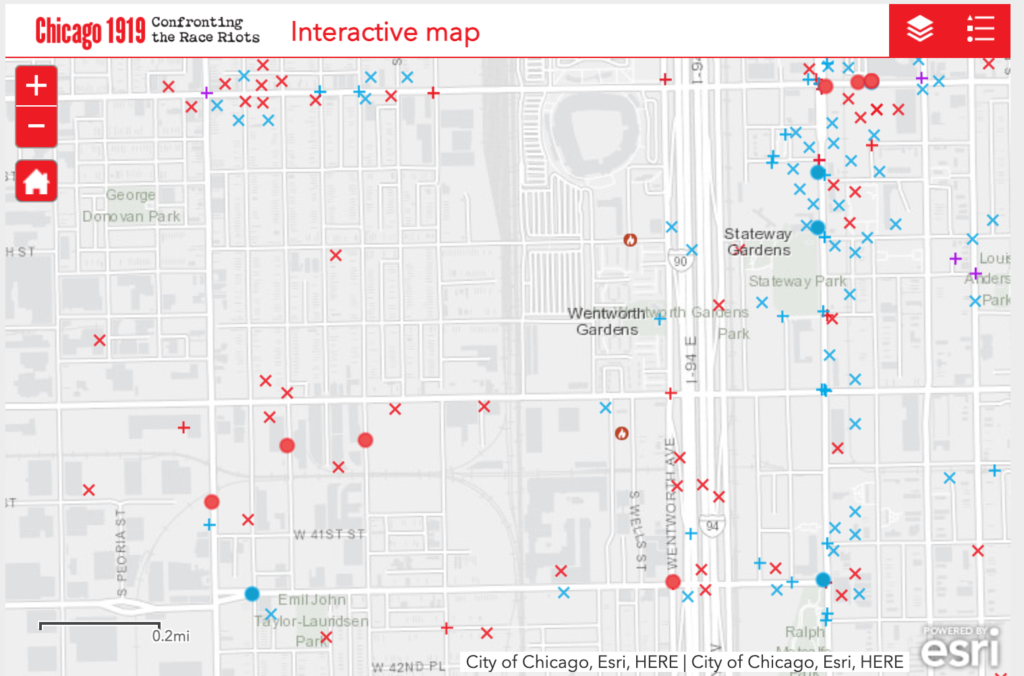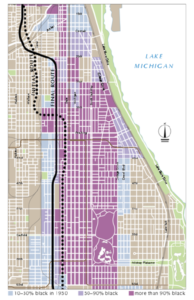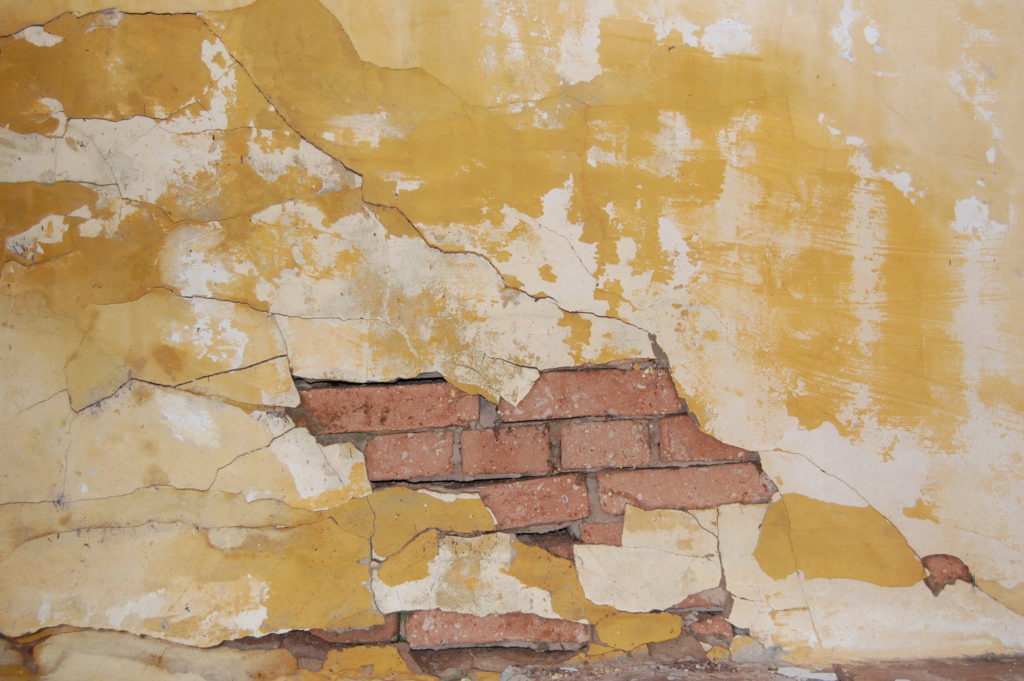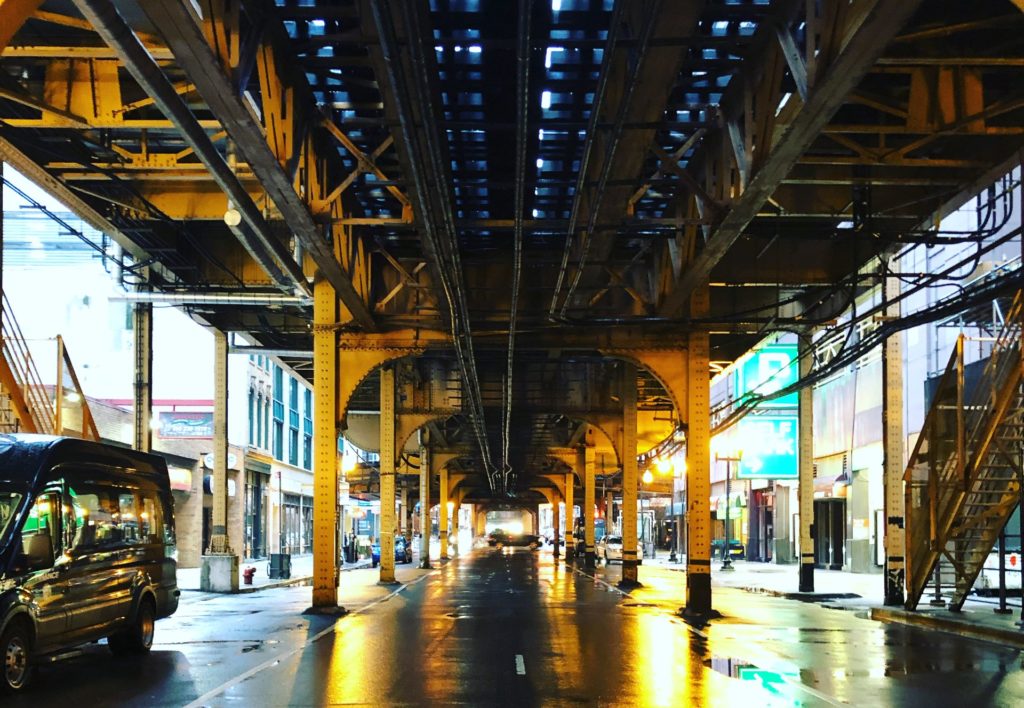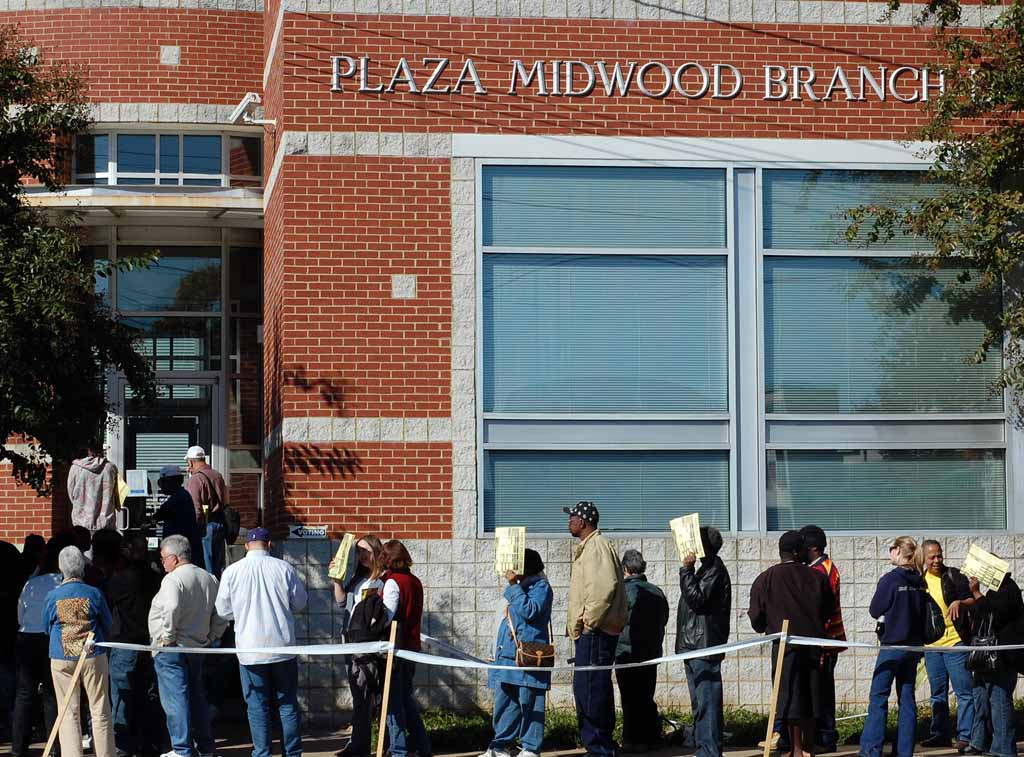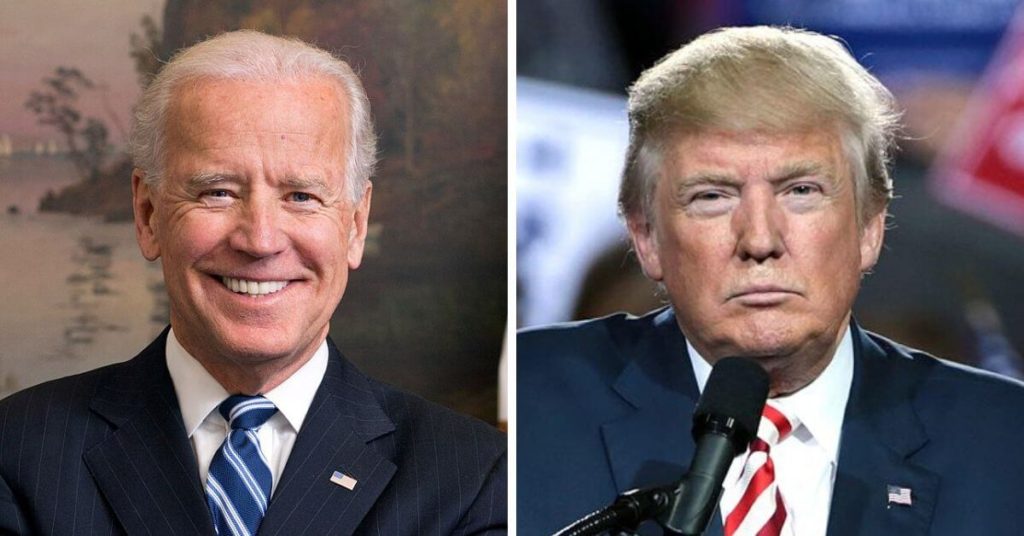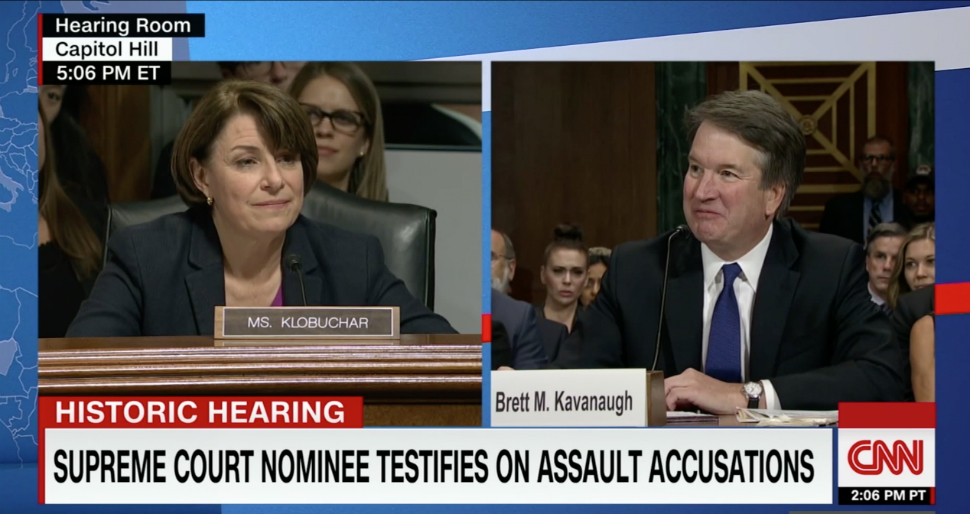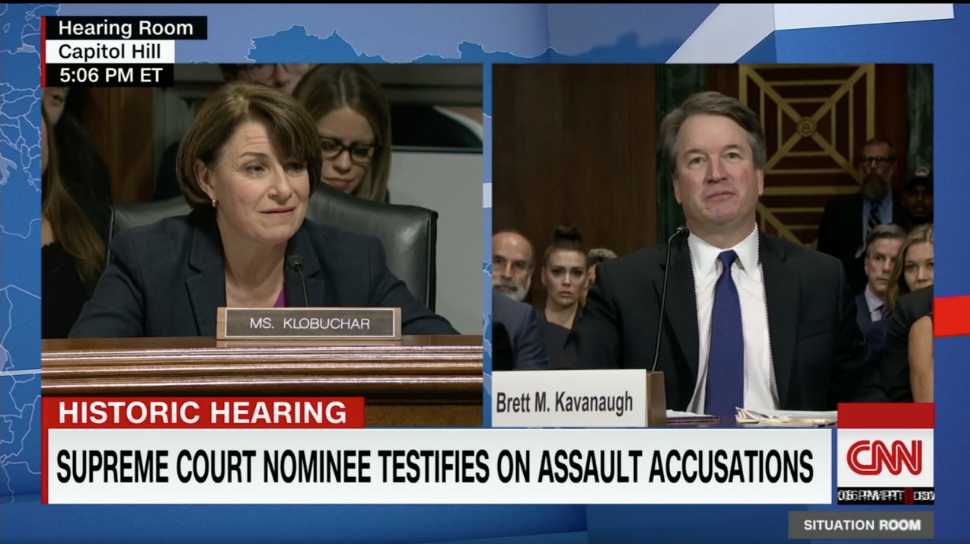
The following is a slight re-working of something I read at “The Word on 103rd,” a local storytelling showcase at Made Artisan Collective in Beverly. If you think some of this sounds familiar, it is. It’s taking ideas from this post and this one and re-contextualizing them around our recent mayoral election. It seemed to strike a nerve with folks so I’m posting it here.
Maybe you voted for Brandon Johnson. Maybe you didn’t.
Either way, you will at some point in his administration find yourself tempted by cynicism. There are many, many people who will benefit from telling you that Brandon Johnson is some kind of fraud. They will want to create a narrative around his actions or his administration that tells you Brandon Johnson the Mayor is not like Brandon Johnson the campaigner. They will want to paint his inevitable need for compromise as a failure or a lie.
But that’s because campaigns are about possibilities. Governing is about limits. Campaigns are about speaking to specific people. Governing is about the best possible solution for everyone. And that means disappointing some people.
Cynicism is comforting, but it poisons you a little. And that poison numbs you just enough to keep you from being disappointed because you never allow yourself to be hopeful. But cynicism also keeps you from trying. Cynicism is a self-created obstacle we put in our own way when we elevate a candidate above ourselves and they turn out to be unworthy of the pedestal we put them on.
We have to stop falling in love with candidates and learn to be their partners.
Ta-Nehisi Coates said this thing I think about all the time:
“We have this idea of elections as this kind of sacred ritual that one is undertaking, that you should be inspired and in love with the candidate. But I often think people need to think about it more like taking out the trash. It’s a thing that you should do. Brushing your teeth is hygiene. So when I think of who to vote for, the question isn’t how much of my own personal politics do I see in this person so much as how much do I think this person can actually be influenced by my politics or the politics of the people around me.”
You can substitute the word “elections” or “vote” with the phrase “doing politics” in the above paragraphs and it still works. And sums up my own philosophy.
Look, I love civic life. But it is neither meant to be a March Madness bracket nor an Aaron Sorkin production. Most days, there is no “Let Bartlet Be Bartlet” speech to be heard. It is supposed to be boring in the way your refrigerator should be boring: no scary noises; no rotted food; just a quiet, dependable hum in the background. It’s not inspiring, but it provides comfort, care, and calm.
Are you inspired by brushing your teeth? No, but you do it. Because otherwise a very meaningful part of your life will decay, rot, and die. We have to normalize thinking about voting as brushing our teeth even if we’re not inspired by our toothbrushes.
And just like you brush your teeth every day (and my god if you’re not doing that please start) we have to find ways to do politics every day. Some people call this activism. I prefer to call it the exercise of your individual power. Because to quote the title of a book by Eitan Hersh: “Politics Is For Power.” It is not posting articles on social media that you’re mad about or listening to bros on podcasts or even watching that nerdy guy in the khakis and his big-ass map.
The real work of inspirational politics doesn’t happen in the voting booth or in talking about politics at parties. It takes action that happens long before we step in the voting booth and long after. And on this point – Lord help me – I find myself quoting fucking Noam Chomsky which is not a thing I would expect to be doing:
“The left position has always been: You’re working all the time, and every once in a while there’s an event called an election. This should take you away from real politics for 10 or 15 minutes. Then you go back to work.”
As the saying goes, just because you do not take an interest in politics doesn’t mean politics won’t take an interest in you. So if you’re looking for ways to keep yourself engaged, start with the smallest unit of government in your life.
The smaller the unit of government, the more immediately responsive it can be, both in terms of your ability to exert influence on it and the likelihood of you getting a response to your email, phone call, or letter. This could be your alderman, your local school council, your park supervisor, your County Commissioner, or your state rep.
As you think about where to spend your time, think about those who have it worse than you right now.
Broadly speaking, the answer to this question is pretty simple: Those at risk are the people whose point of view is least represented when decisions are getting made.
Who’s dealing with food insecurity? Who feels the most alone? Whose health is most at risk? Who is least likely to receive a just outcome in the criminal justice system? Who feels the least safe?
We could get overwhelmed by the bigness of some of these questions and the problems they reveal. So let’s reduce this to the smallest unit of assistance you can provide each day.
When you’re in a room where a decision is being made ask yourself some questions: How will this affect those who have less access to money and services than I do? Who’s being left out of this conversation? Are you able to speak from a place of knowledge that can guide this decision to a more equitable outcome for that group? If not, can you bring someone into the room who can? Or ask to defer the decision until that point of view is heard? Then do that.
That’s politics.
When you start thinking about all the trouble in your world there’s a tendency to get overwhelmed or to feel like you need to learn how to do a million new things to make a difference.
Learning new things is great! But more than likely, the thing you can do better than other people might be the skill that a non-profit or community organization needs the most from its volunteers.
Can you write? Can you manage projects? Do you have a technical skill? A certain kind of way with design, spreadsheets, or budgeting? The more niche the skill, the more expensive the hire and the bigger the obstacle it is for most organizations. You’re going to be their favorite volunteer.
When it comes to donating money, think small(er). I love the ACLU, too, but if you Google “immigration legal rights,” “environmental justice” or some other cause plus the name of your city, town, or state you’ll find an organization doing the work that needs the money more than a place with built-in name recognition. And this goes double for the do-gooder no one has heard of running for an elected office in your district. That person needs your money a lot more than someone ten states away who is running for the House of Representatives against Mitch McConnell and on MSNBC three times a week.
Finally, look for the people already doing this work. There is a tendency among…well, white dudes, to imagine they have the solution others lack. But for their brilliant insight, the problem would be solved.
My dudes: do not be the person that offers help that isn’t needed. Instead, amplify what others are already doing. These folks do not need your vision or your strategy. They don’t need leadership, they need followship. Allies are fine, but accomplices are better.
You may feel uncomfortable. Doing this work on behalf of others may bring to light things about you or people you’re close to that you would have preferred to keep in the darkness.
The good news is short-term loss will become long-term gains over time – for you and everyone else.
It’s really easy to slip into cynicism. But hope is a much harder drug, if you’re up for it. See, hope is not a fuzzy, rainbow-covered alternative to the facts on the ground. It is a collection of sparks that need oxygen. Cynicism douses the sparks before they become flames. Hope is a vision of a path that begins in your immediate vicinity.
Hope is the ability to clear the path as it gets harder to see. Cynicism pretends that but for all these excuses and the actions of others, we would be in a better place. It’s an imaginary future that means we never have to compromise or accept disappointment.
Hope is the acceptance of our current moment and all its disappointments coupled with the knowledge that we can do better.
Hope is not waiting for someone to save us. Hope is saving ourselves.
